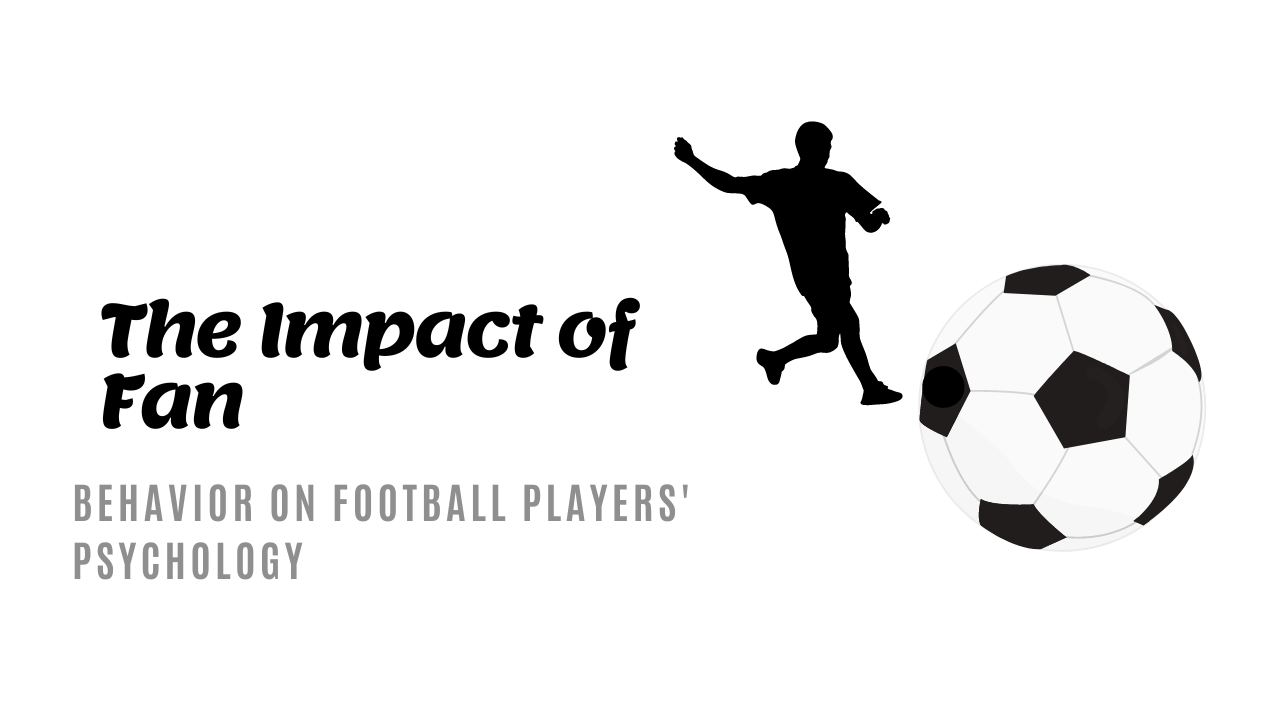Football is not just a game of physical skills and tactics; it’s also profoundly influenced by psychological elements. One significant aspect that affects the mental state of football players is the behavior of fans. Whether cheering wildly from the stands or commenting through social media, fans play a crucial role in shaping players’ psychological experiences.
Let’s explore how fan behavior impacts football players’ psychology and, by extension, their performance on the field.
Positive Effects of Supportive Fan Behavior
Encouragement and Motivation: When fans cheer enthusiastically, it can boost players’ morale. This support helps players feel valued and pushes them to perform better. A packed stadium singing or chanting in unison can give players a surge of energy and determination.
Sense of Community and Belonging: Players often speak of feeling a deep connection with their fans. This relationship can instill a sense of pride and responsibility, motivating players to work harder and contribute positively to the team’s success.
Increased Confidence: Positive reinforcement from fans can significantly increase players’ confidence. Cheering after a good play or encouraging applause after a mistake can reassure players and help them focus on the game without dwelling on errors.
Negative Effects of Hostile Fan Behavior
Stress and Anxiety: Boos, jeers, or hostile chanting from fans can lead to increased stress and anxiety among players. This kind of pressure can affect their concentration and decision-making, leading to mistakes on the field.
Impact on Mental Health: Negative comments and harsh criticisms, especially in today’s digital age where social media is rampant, can take a toll on players’ mental health. Young players, in particular, are vulnerable to these pressures, which can lead to issues like depression or anxiety.
Performance Pressure: Excessive expectations and pressure from fans for constant success can overwhelm players, especially during high-stakes matches. This can hinder their natural playing style, creativity, and enjoyment of the game.
Mitigating the Negative Impacts
Mental Toughness Training: Clubs and coaches can help players develop mental toughness to deal with both positive and negative fan behaviors. This training includes techniques for maintaining focus, handling pressure, and recovering from setbacks.
Support Systems: Establishing strong support systems within the team and among coaching staff can help players deal with the psychological impacts of fan behavior. Regular communication and psychological support should be integral to a player’s development program.
Educating Fans: Clubs have a role in educating their fans about the impact of their behavior. Promoting sportsmanship and respect for players can help create a more positive sporting atmosphere.
Social Media Management: Players can be trained or assisted in managing their social media presence to shield themselves from negative interactions and focus more on constructive engagement with fans.
Conclusion
Fan behavior has a profound and undeniable impact on football players’ psychology. While the energy and passion of fans can greatly enhance players’ performance and experience, negative behavior can have serious psychological repercussions. Balancing this influence is crucial for the wellbeing of players and the health of the sport itself.
By fostering a positive fan culture and supporting players in dealing with pressure, the beautiful game of football can continue to thrive both on and off the field.

